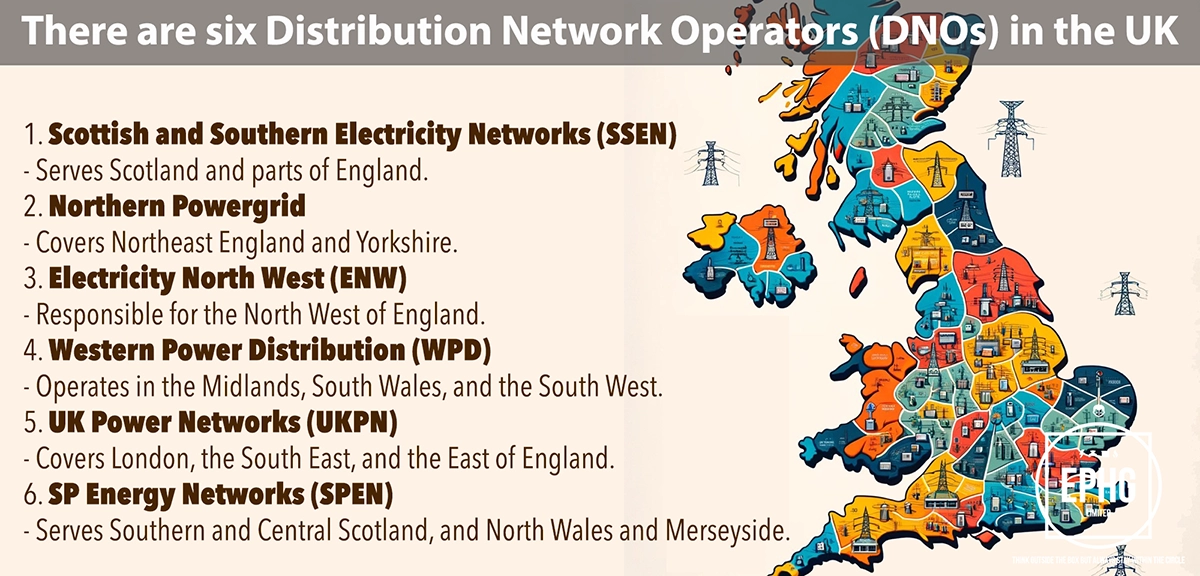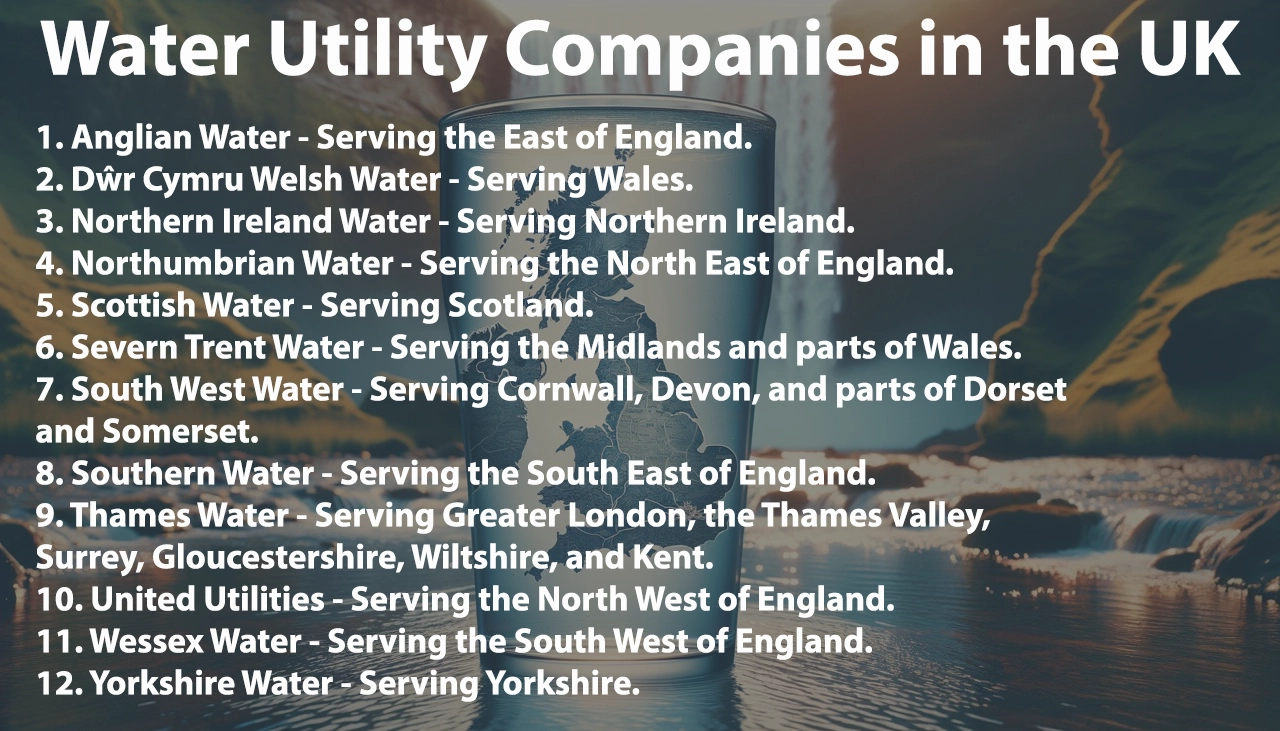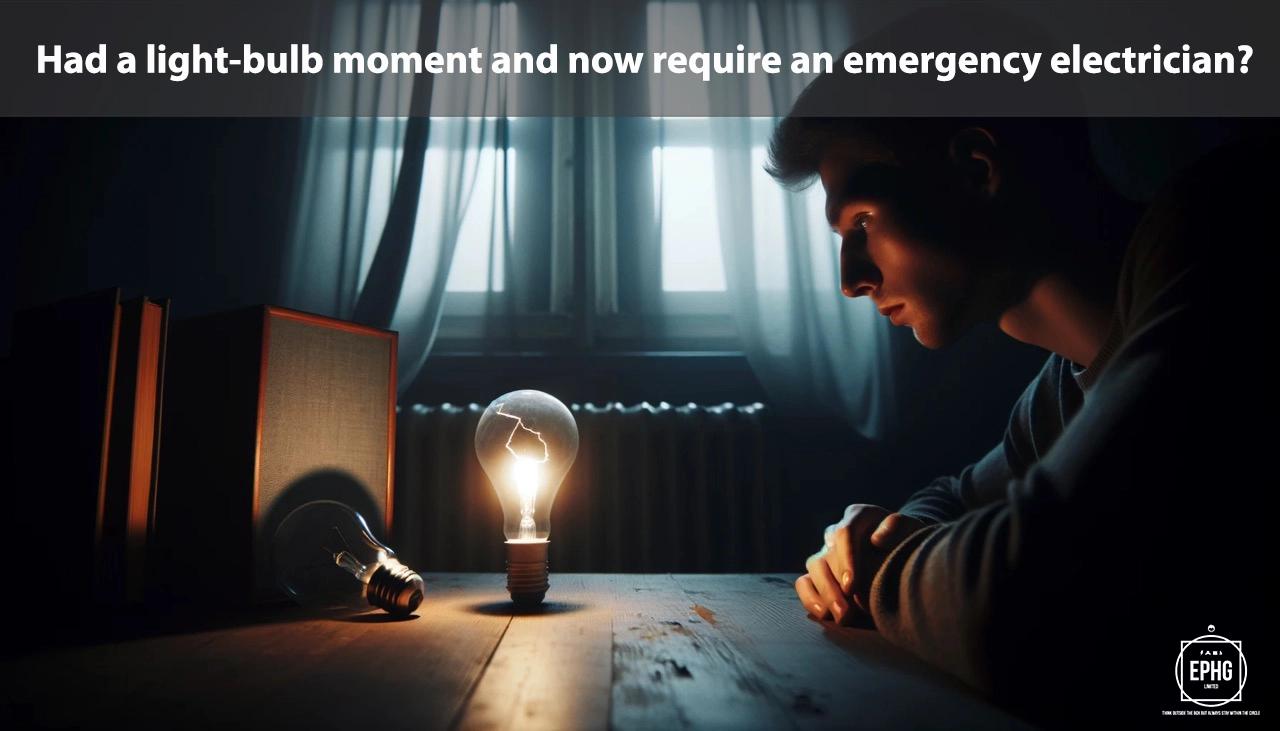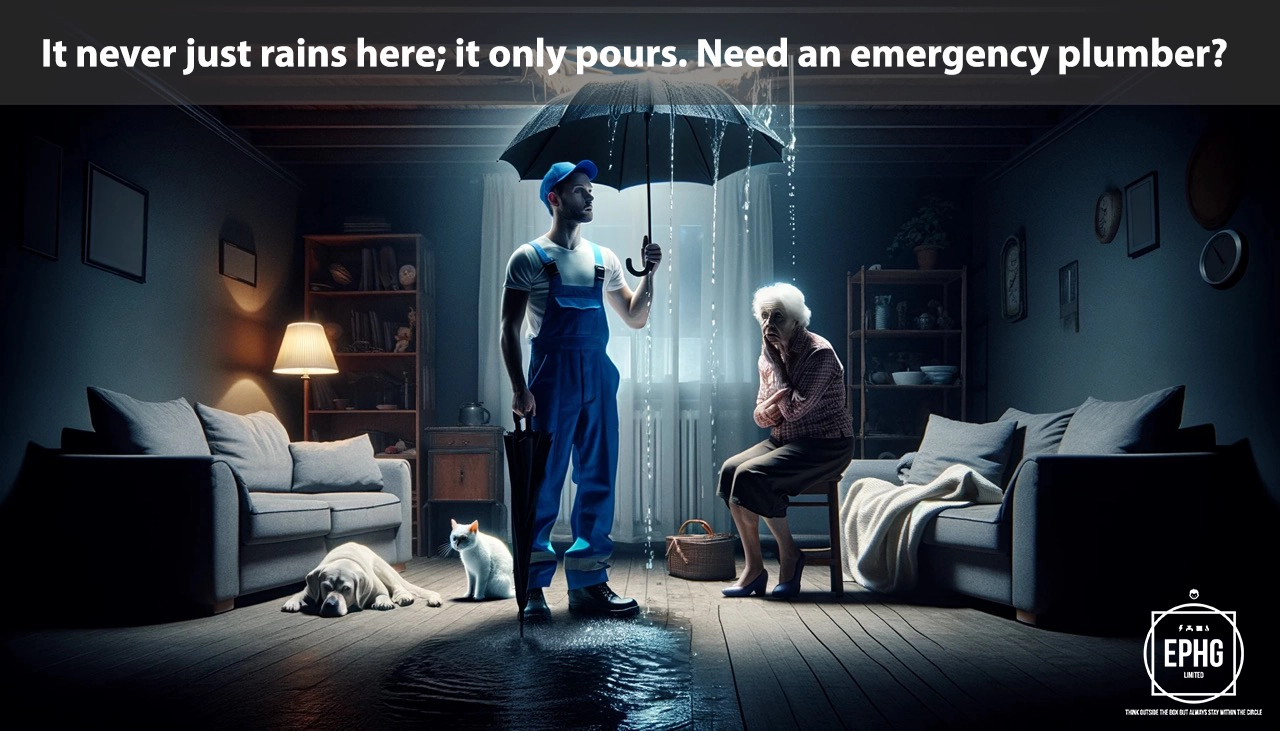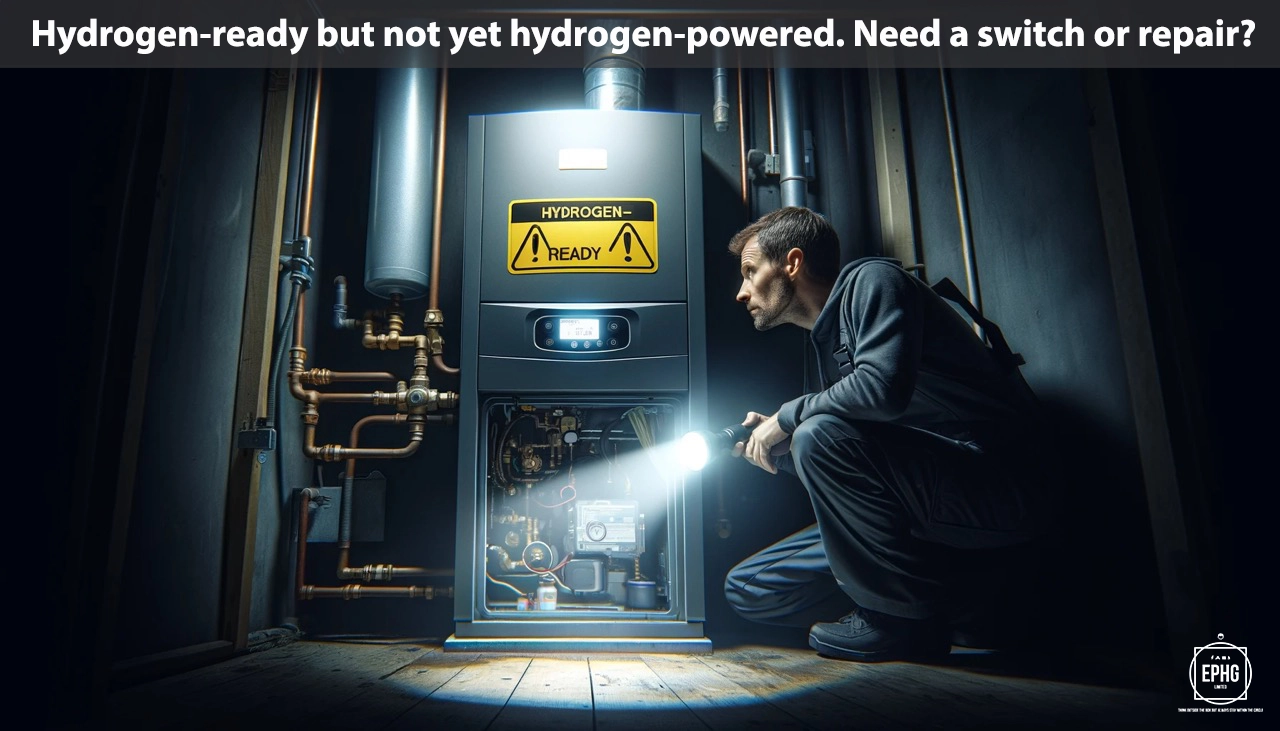
BN Postcodes for Utilities & Services in Brighton
Introduction: The BN postcode area, covering Brighton and its surrounding regions, here we share some interesting insights on water & electric, along with any other useful information.
Water in Brighton
Where does the water supply come from in Brighton and is there ever a shortage of water?
In Brighton, the primary water supply comes from the South Downs, capturing rainfall which is then treated to ensure safety and quality. The region relies heavily on this local source and additional water from the River Ouse. Despite efforts to maintain a stable water provision, Brighton faces challenges due to its growing population, tourism, and climate change, leading to higher demand and potential water stress during dry periods. Southern Water, the local utility company, actively manages resources and promotes water conservation initiatives to mitigate shortages and ensure sustainability. Residents are encouraged to save water where possible to contribute to the area’s water security.
What is the hardness & quality of the water in Brighton and can this affect your health?
Brighton's water is classified as moderately hard due to the natural characteristics of the region’s water sources. Hard water contains higher levels of calcium and magnesium, which can lead to limescale buildup in household appliances. Despite this, the water is safe for consumption and adheres to strict regulatory standards for health and safety. While hard water poses no significant health risks and can contribute beneficial minerals, some individuals may prefer to use water softeners or filters. The local water authority ensures continuous monitoring and treatment to maintain high-quality standards for the city's water supply.
Electricity in Brighton
Where does the electric supply come from in Brighton and what is the future of energy there?
Brighton's electricity supply is increasingly derived from a combination of national grid sources, with a significant focus on renewable energy. The area is part of the UK's broader shift away from fossil fuels towards wind, solar, and other sustainable energy forms. Local initiatives, such as community solar projects and offshore wind farms, contribute to this transition. Brighton aims to be at the forefront of clean energy, with plans to increase renewable sources significantly in the coming years. The city's commitment to sustainability is reflected in its goal to become carbon neutral. Investments in renewable energy infrastructure and technologies are expected to play a central role in Brighton’s energy future, aligning with national targets for reducing carbon emissions and combating climate change.
When is hydrogen coming to gas boilers in Brighton?
The transition to hydrogen for heating systems in Brighton is in line with the UK's overall strategy for a greener future. While specific dates for the full implementation are yet to be determined, Brighton is likely to follow national pilot schemes and initial rollouts focusing on hydrogen technology. This transition will require significant changes to the current natural gas infrastructure and domestic boilers. Local authorities and energy providers will likely inform residents well in advance of the switch, offering guidance and support for transitioning to hydrogen-based heating. Residents are encouraged to maintain their current heating systems while staying updated on new developments and considering more sustainable heating options as they become available.
Where Does the Wastewater Go in Brighton
In Brighton, wastewater management is a crucial service that protects public health and the coastal environment. Wastewater from homes, businesses, and public spaces is collected and treated at modern facilities before being safely released. The main wastewater treatment works for the area employ advanced processes to ensure the treated water meets legal and environmental standards before it is discharged into the sea. Continuous investments in sewer infrastructure and treatment technologies aim to improve efficiency and reduce environmental impact. Brighton's approach to wastewater treatment demonstrates the city's commitment to maintaining cleanliness, safeguarding marine environments, and supporting sustainable urban living.
Regions and Services:
The BN postcode covers a broad area, including the vibrant city of Brighton and the picturesque parts of East Sussex and parts of West Sussex. Key regions include:
- Brighton City: A major center for urban utilities development, showcasing advanced electrical and gas infrastructure and growing renewable energy projects.
- Hove, Eastbourne, and Worthing: Coastal towns known for their blend of historical and contemporary services, reflecting their unique seaside culture and economic development.
- Lewes, Newhaven, and Seaford: Market towns and harbor communities where sustainable energy solutions are increasingly adopted, enhancing the mix of traditional utilities.

Regions within the BN Postcode
Brighton and Hove Area
- BN1: Brighton city centre, Coldean, Falmer, Hollingbury, Patcham, Preston, Stanmer, Withdean
- BN2: Bevendean, Brighton Marina, Kemptown, Moulsecoomb, Ovingdean, Rottingdean, Saltdean, Woodingdean
- BN3: Hangleton, Hove, Portslade, West Blatchington
- BN41: Fishersgate, Portslade
- BN42: Southwick
- BN43: Shoreham-by-Sea
- BN45: Poynings, Pyecombe, Saddlescombe
Surrounding Areas and Villages
- BN5: Henfield
- BN6: Hassocks, Hurstpierpoint, Ditchling
- BN7: Lewes
- BN8: Barcombe, Newick, Ringmer, Plumpton
- BN9: Newhaven, Telscombe
- BN10: Peacehaven, Telscombe Cliffs
- BN11: Worthing
- BN12: Goring-by-Sea, Ferring
- BN13: Broadwater, Findon, High Salvington, Northend, Tarring
- BN14: Worthing, Broadwater
- BN15: Lancing, Sompting
- BN16: Angmering, East Preston, Rustington
- BN17: Littlehampton, Climping, Lyminster, Wick
- BN18: Arundel, Amberley, Binsted, Burpham, Fontwell
- BN20: Eastbourne, Beachy Head, East Dean
- BN21: Eastbourne
- BN22: Eastbourne, Hampden Park, Willingdon
- BN23: Friday Street, Langney, Sovereign Harbour
- BN24: Pevensey, Westham
- BN25: Seaford
- BN26: Polegate, Alfriston, East Dean
- BN27: Hailsham, Amberstone, Bodle Street, Cowbeech, Horsebridge
- BN44: Steyning, Upper Beeding, Bramber
- BN50: Brighton
- BN51: Rottingdean
- BN52: Hove
- BN88: Brighton (non-geographic)
